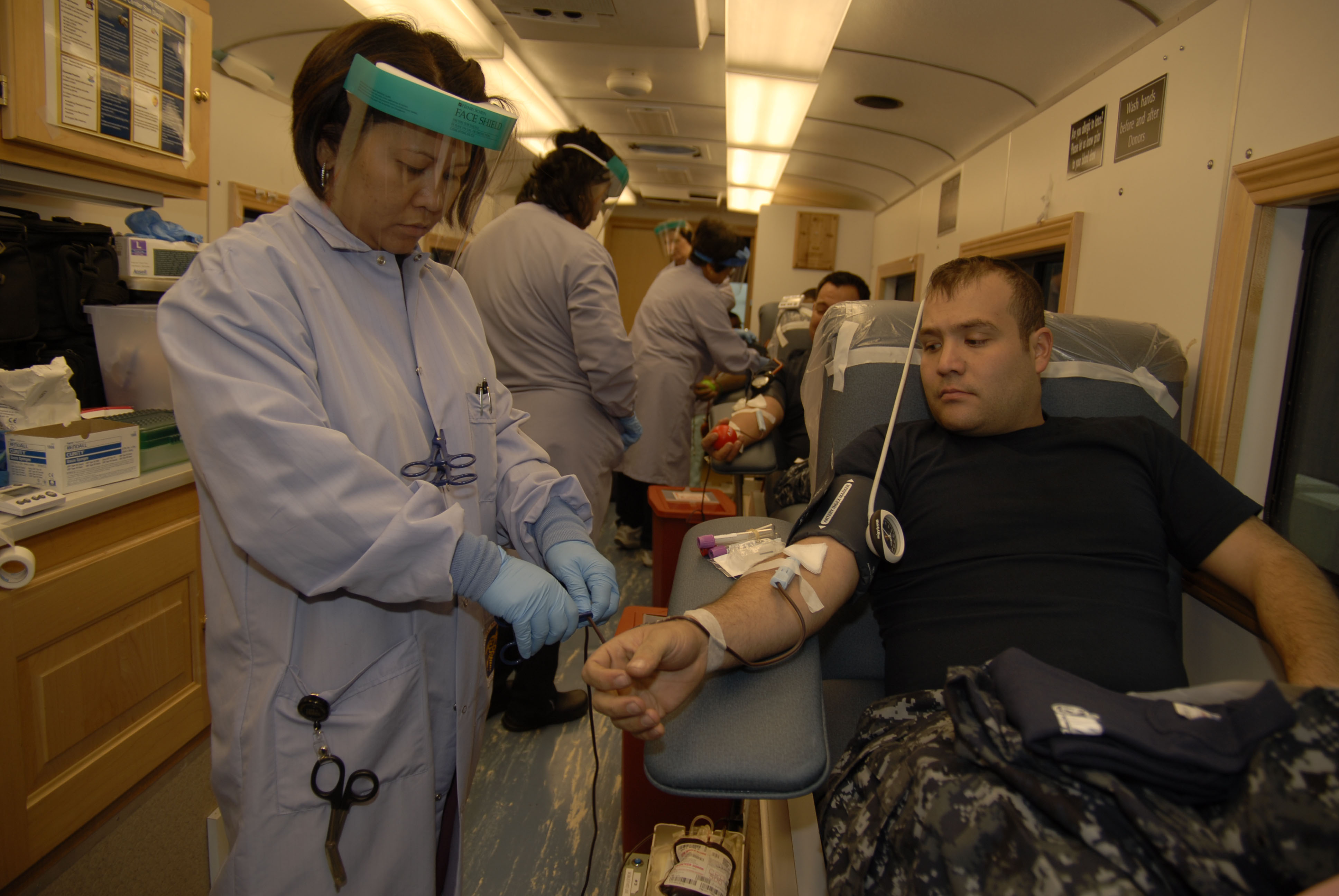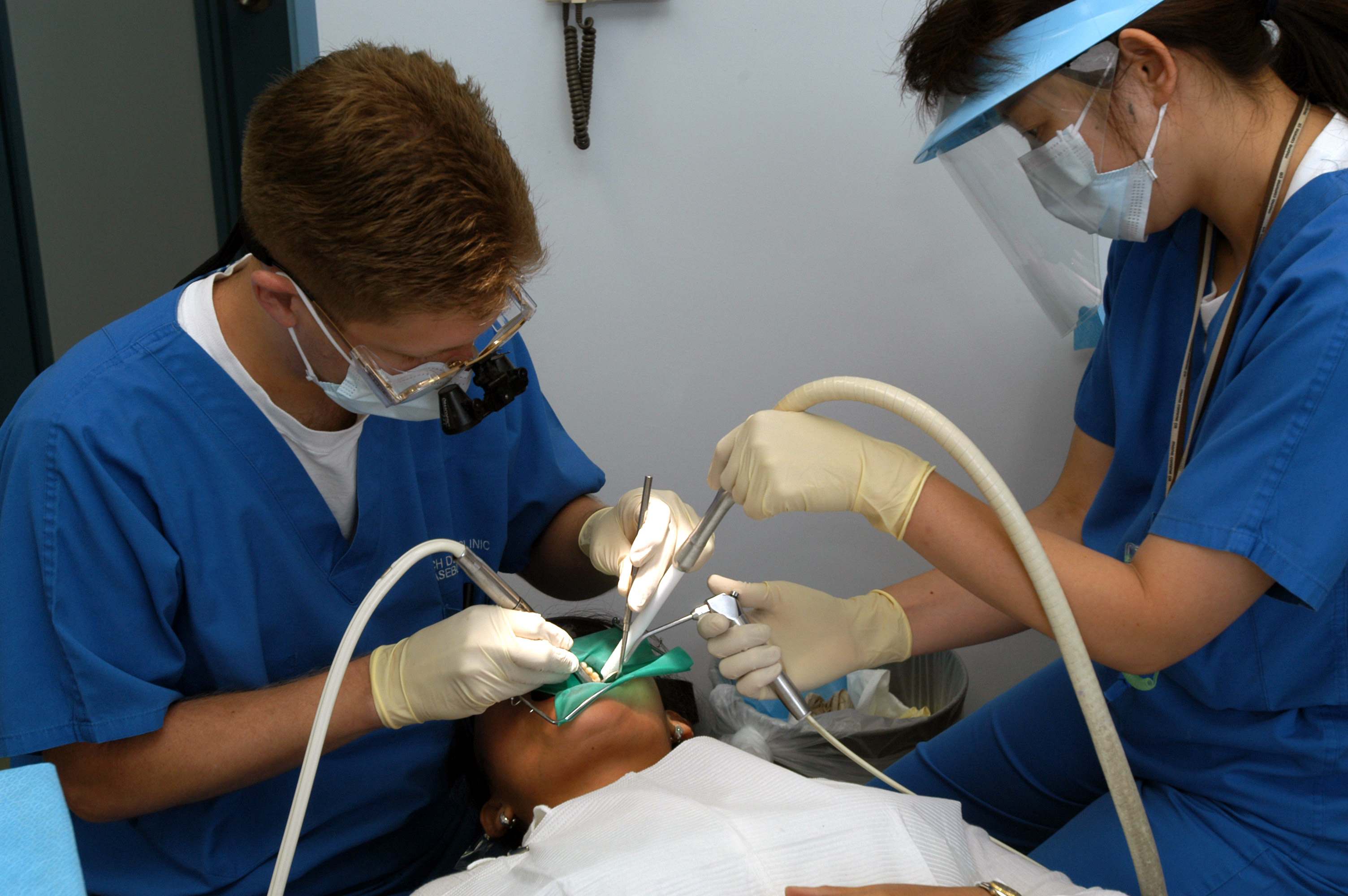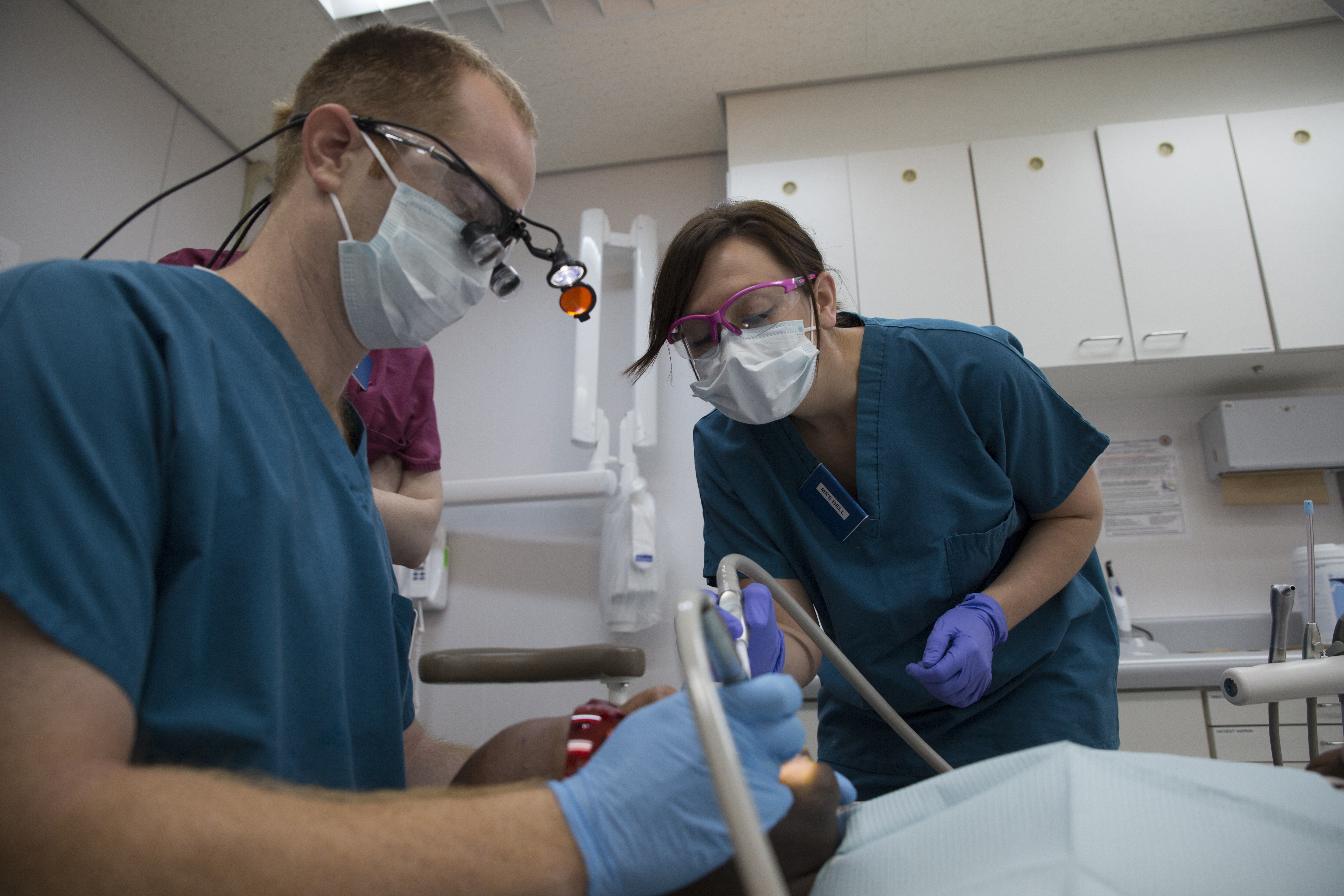Phlebotomist Careers in Bridgeport, CT
Valley Medical Institute has the best Phlebotomist Training
Phlebotomist School offering Phlebotomist Classes in Bridgeport, CT

Course Code: PH
Course Type: Medical
Clock Hours: 100
Course Description:
This 100 hour course will instruct the phlebotomy student in their role in becoming a member of a clinical laboratory team. The course will prepare the student for collecting venipuncture, capillary and other medical specimens, along with ancillary medical system duties.The course objective is to provide the student with cognitive and physical learning challenges.
Pre-Requisite: High School Diploma, GED or Valley Medical Entrance Exam
Admissions Requirements
CLASS TIMES
Time Day Duration
Day 8:30am – 1:30pm M-F 4 weeks
Evening 5:30pm – 9:30pm M-F 5 weeks
Saturday 8:30am – 4:30 pm Sat 12.5 weeks
COURSES
PH01 – Introduction to Phleb.
Students will learn what phlebotomy is and how it originated. They will also have the chance to learn the job skills and personal characteristics that are needed as a phlebotomist.
PH02 – Anatomy and Physiology
Students will learn the basics of human anatomy and physiology. The students may explore the ways tissues, organs, and body systems work together to create and maintain homeostasis.
PH03 – Med./Lab. Terminology
Students will learn medical terminology as it pertains to phlebotomy, as well as lab practices.
PH04 Infection Control
The proper use of equipment, impression materials, model-making, sterilization techniques, and universal precautions.
PH05 – Speciman Doc. and Collect
Students will be introduced to several special collections and the opportunity to explore the reasons for these tests, the proper procedures for performing them, the handling of samples, and the possible results. Blood Collection Equipment.
PH06 – Venipuncture Procedure Skin Puncture Procedure
Learn about the most common procedure a phlebotomist performs: routine venipuncture. Single most important step is positive identification of the patient. Also, learn the proper procedures for obtaining a blood specimen by evacuated tube method and by syringe method. The use of dermal puncture as an alternative collection procedure when minute amounts of blood are needed for testing.
PH07 – Complicated Blood Collections/Special Procedures
Learn that venipuncture collections usually are routine and without problems, complications can arise. To learn the many factors that can interfere with the collection of blood. Pediatrics, elderly.
PH08 – Urinalysis and Body Fluids
This chapter will give the student the opportunity to learn about special nonblood collection procedures, including urine specimens, fecal specimens, semen specimens, throat specimens, nasopharyngeal specimens, sweat electrolyte specimens, cerebrospinal fluid specimens, body fluid specimens, and amniotic fluid specimens.
PH09 – Arterial, IV, Special Procedures
Collecting blood from arteries. Basics of arterial blood composition and the reasons arterial blood may be collected. Arterial blood collection, , testing of collateral circulation, and radial artery puncture. Causes of errors and specimen rejection. Finally, students will explore the techniques of capillary blood gas testing.



